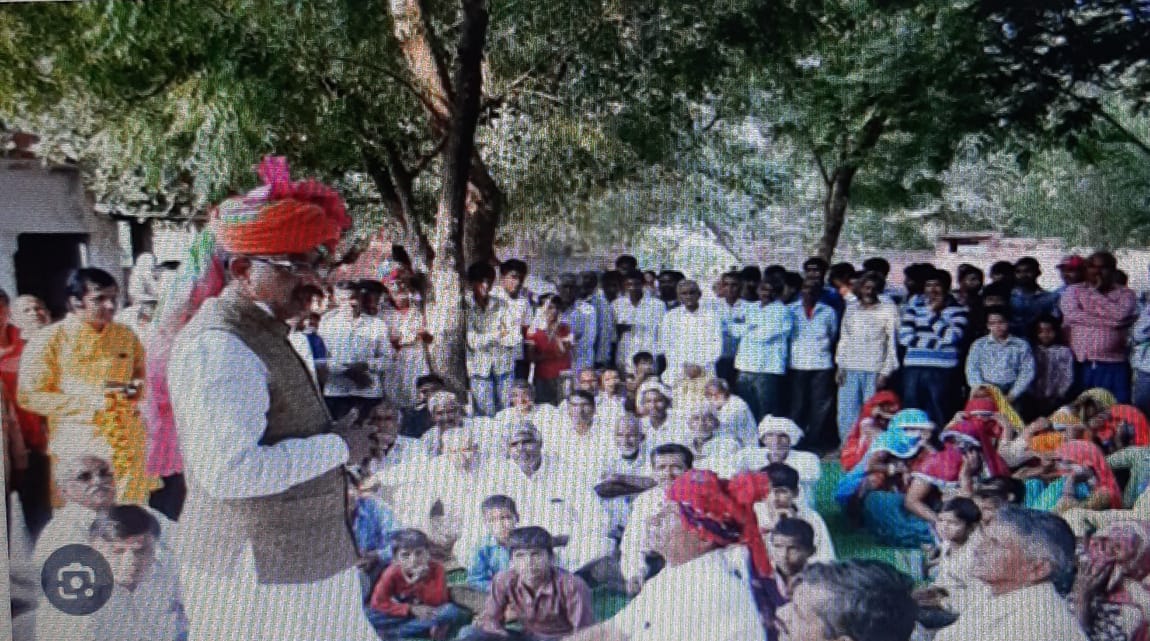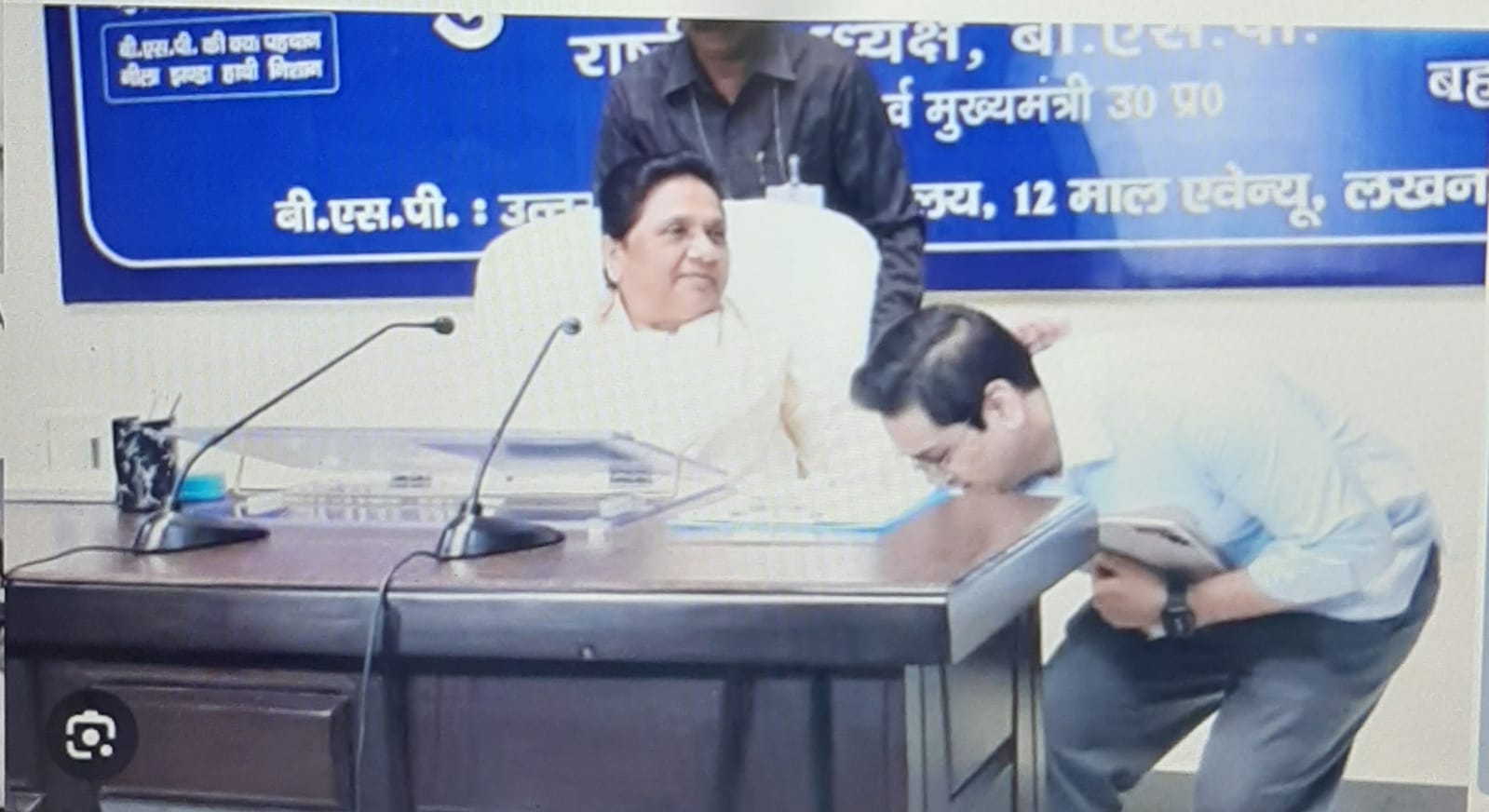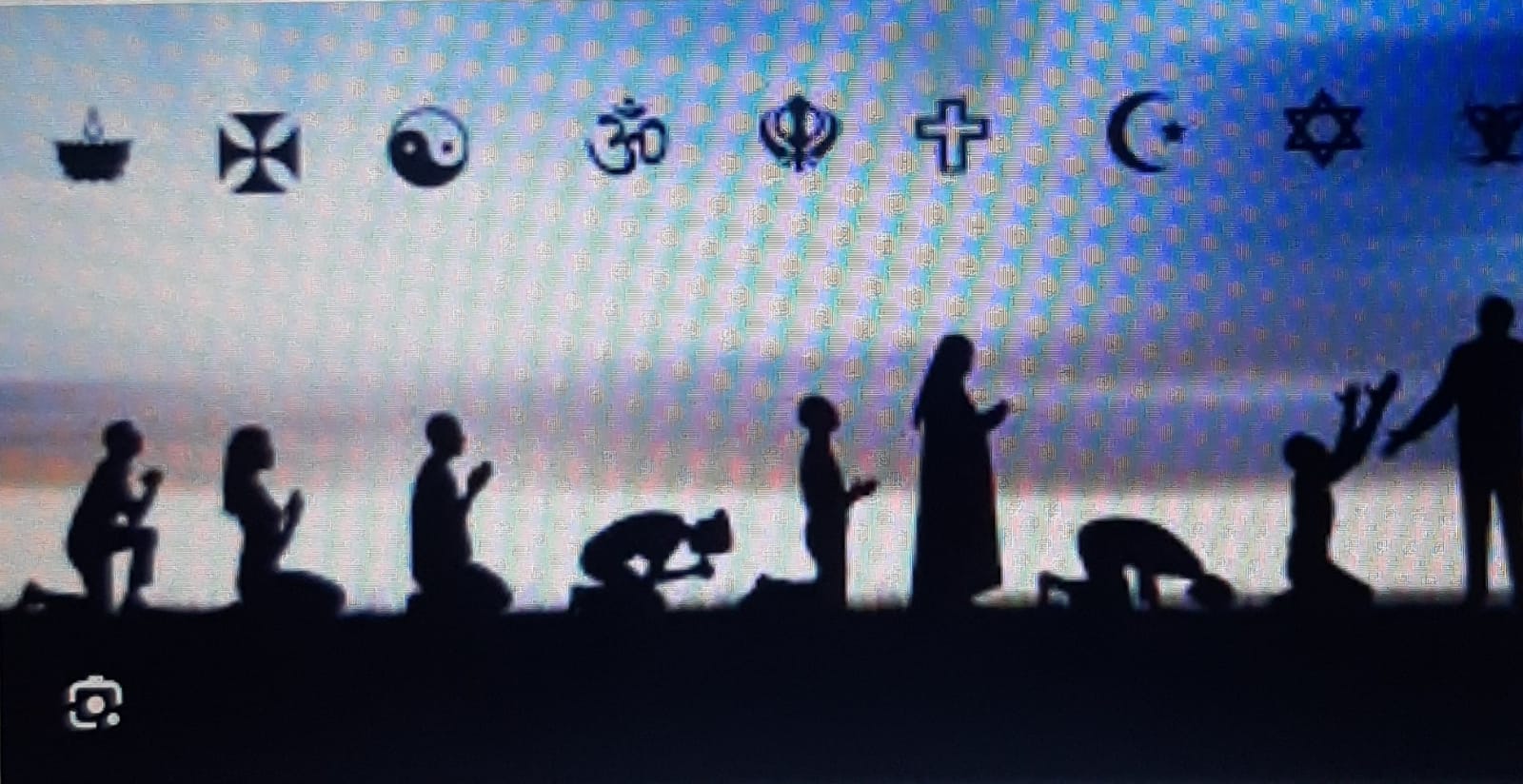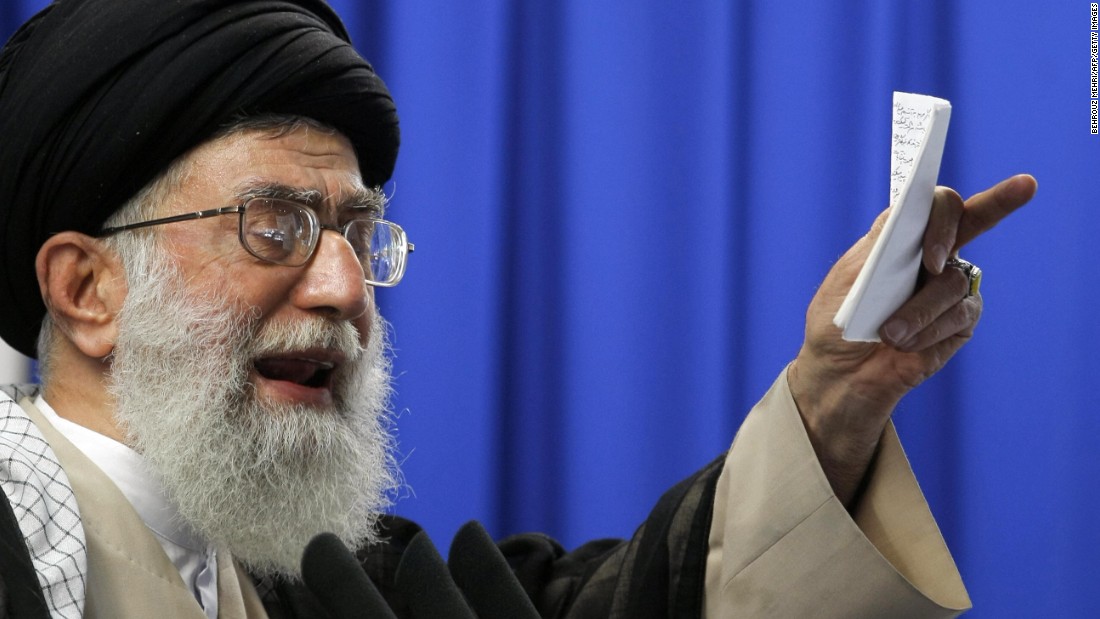
During a speech May 22 to university students, Iran’s Supreme Leader Ayatollah Ali Khamenei addressed a number of significant issues, including the future of the country’s political system and the nuclear deal with world powers.
Khamenei said one of the questions posed to him regarded whether, in his opinion, there are problems with the political structure of the Islamic Republic or if issues arise due to the performance of bureaucrats. Khamenei said, “The structure of the constitution is a good structure.” He said that over time, corrections and improvements can be made to the constitution and any shortcomings can be resolved. The Expediency Discernment Council, which was set up in 1988 to resolve differences between parliament and the Guardian Council, is one such improvement to the constitution, according to Khamenei. Even countries such as the United States, whose current political system is over 200 years old, make such adjustments to its government and constitution over the course of time, Khamenei added.
Khamenei said another question posed to him regarded a parliamentary system for Iran versus the current presidential system. When the constitution was originally being revised in 1988, Khamenei said, it was discussed thoroughly and the conclusion reached at that time was that “[a parliamentary] system — at least for us — [would cause more problems] than a presidential system.” Before being elected supreme leader by the Assembly of Experts in 1989 after the death of Ayatollah Ruhollah Khomeini, Khamenei served as president for two terms. During his time as president, he often clashed with then Prime Minister Mir Hussein Mousavi, who held more authority than the presidency. The post of prime minister was abolished in Iran in 1989.
Khamenei had suggested in 2011, more in a throwaway line, that one day “in the distant future” Iran could adopt a parliamentary system if it suited the country’s needs. At the time, this led to analyses asking whether Khamenei would follow in the footsteps of Iranian monarchs who would pick and choose prime ministers through a compliant parliament. However, Khamenei’s comments regarding the structure of a government and a parliamentary system could be read more as an indirect response — and rebuke — to President Hassan Rouhani’s recent requests that he needed more authority to confront US sanctions and the economic issues the country face. Rouhani likened the current situation in Iran to the 1980-88 Iran-Iraq War in which more discretion was granted to the government in order to implement policy without the typical bureaucratic infighting that accompanies most changes in Iran.
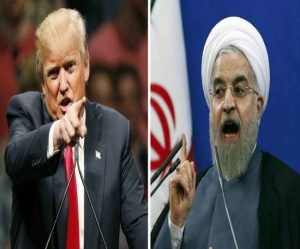
Khamenei was more direct in his criticism of the Joint Comprehensive Plan of Action, which is often referred to in Iran by the Persian acronym BARJAM. When presented with a question associating him with the passing of BARJAM in parliament, Khamenei said the nuclear deal was not implemented in the manner he had called for in a public letter, adding that it was not the responsibility of the supreme leader to get involved in the details of matters of state unless it pertained “to the overall actions of the revolution.” Khamenei said he did not support the manner in which the nuclear deal was implemented and had voiced his opinion numerous times to Rouhani as well as the chief nuclear negotiator and Foreign Minister Mohammad Javad Zarif and other government officials.
The comments by Khamenei on the nuclear deal are his most direct on the matter since the United States unilaterally withdrew from the deal in May 2018. His increasing public distancing from the landmark accord could be seen as a major blow to the Rouhani administration. (Courtesy: al-monitor)





